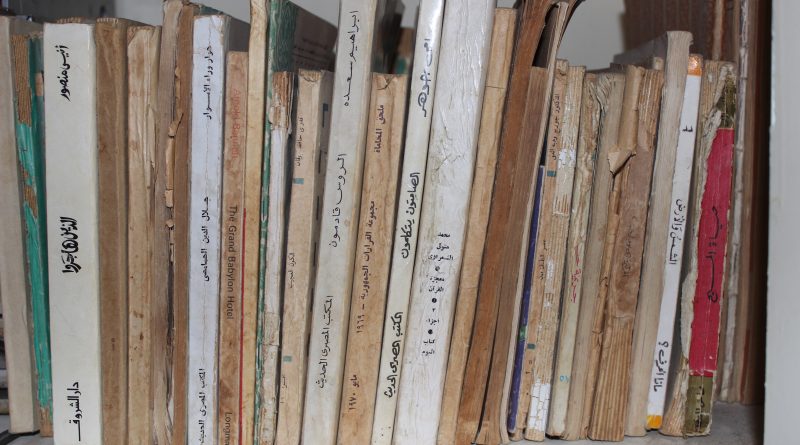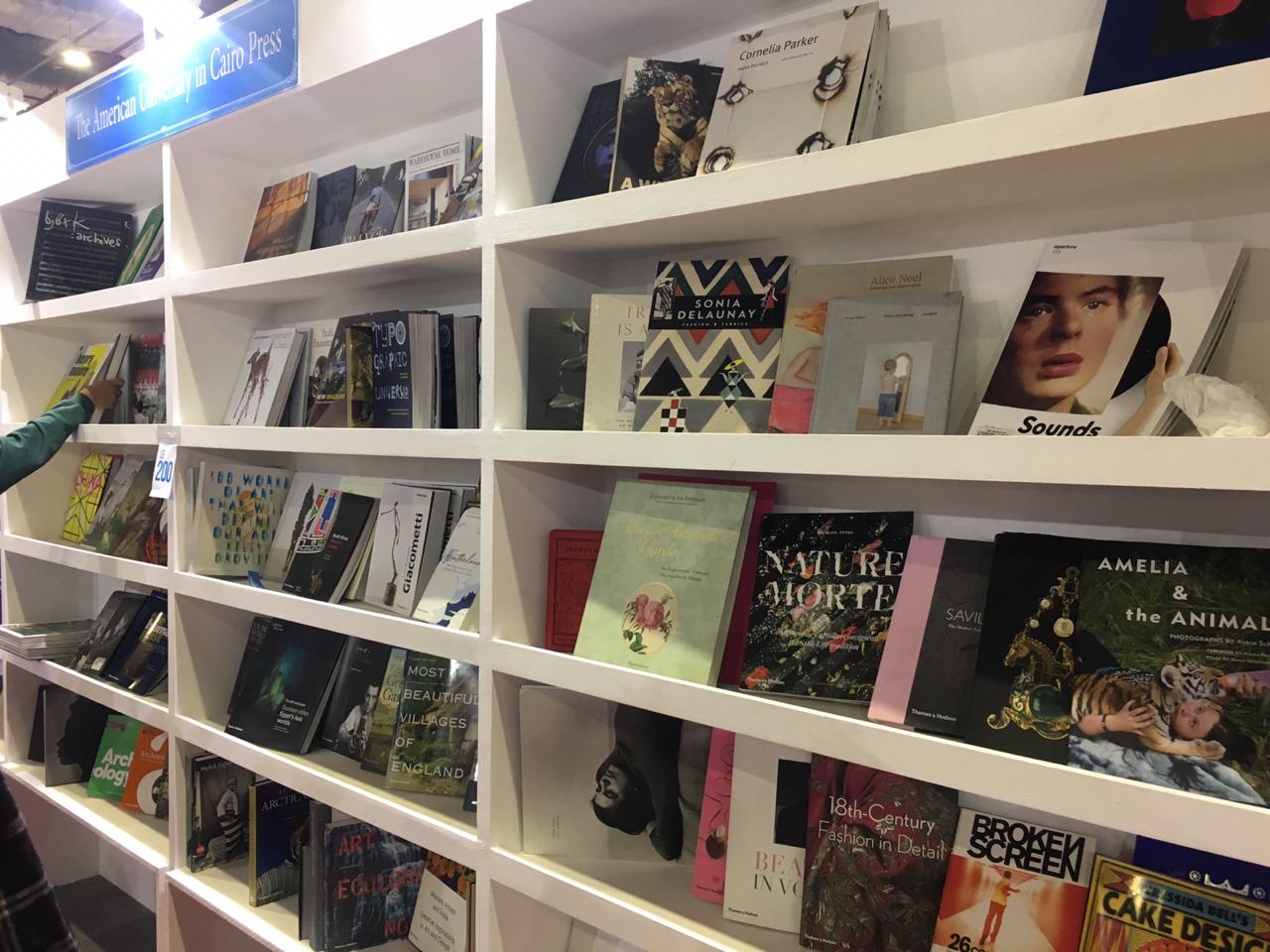Arab Writers Find Recognition in Naguib Mahfouz Medal Shortlist
By: Sondos Abdellatif
@SondosAbdellat2
Photo Credit: Aly El Gendy
For the first time since the Naguib Mahfouz Medal was established in 1996, a shortlist of titles was announced by AUC Press in a bid to popularize works of contemporary Arabic literature.
The award is dedicated to contemporary Arabic novels that have not been translated. The winning novel is then translated into English and published by AUC Press.
Shereen Abouelnaga, the chair of the jury and professor of English and Comparative Literature at Cairo University, said that publishing a shortlist was meant to make the Naguib Mahfouz medal talk of the town.
“A shortlist is something for people to talk about, it creates more suspense. It is also a way of giving other great works some credit because there is only one winner,” said Abouelnaga.
The award aims to support experimental works which reflect the reality Arab readers and writers are currently living in.
“We need to read about our reality and about ourselves in these books,” Abouelnaga added.
Abouelnaga highlighted that in the last ten years, a lot has happened in the Arab world which has transformed the Arabic literary scene.
“From the Arab spring to the pandemic now, writers cannot separate themselves from what is happening around them […] Nothing is capable of changing the scene of Arabic Literature except reality,” Abouelnaga mentioned.
Since the medal was canceled in 2020 due to COVID-19, this year the judges had 270 submissions to choose a winner from; the best work will be announced later this month.
“The statement that was mentioned when this medal was first created stated that this award is catered for writers who experiment in order to add something new to the field,” Abouelnaga said.
Humphrey Davies, an award-winning translator of Arabic literature and a member of the jury, pointed out that the medal will attract more attention to Arabic literature worldwide.
“Arabic fiction is no longer viewed in the larger world as a niche taste, or a poor cousin to other world literature. This and other awards should help maintain this momentum,” said Davies.
Through translation, these novels can be shared with a wider audience and are no longer bound by their lack of availability in other languages.
“In my own mind, a good book has a beating heart, it’s a living thing. That’s the quality I look for initially,” Davies added.
Among the shortlisted works is the novel The Disappearance of Mr. Nobody by award-winning writer, Ahmed Taibaoui, a professor at the Faculty of Economics, Business and Management Sciences at the University of Bouira in Algeria.
The novel is about a man trying to escape his daily life by taking care of an old man who has Alzheimer’s. When the old man dies, a police officer begins investigating the circumstances of his death.
He soon finds that the man cannot be identified. Over the course of his search, the officer encounters those who have come across the old man during his life, and finds them to be reflections of him.
“I was, and still am, interested in social and cultural margins, and giving a voice to the voiceless…The Disappearance of Mr. Nobody is an expression of one’s abandonment of his human identity,” Taibaoui told The Caravan.
When discussing his inspiration for becoming a writer despite an academic background that is far from literature, he mentioned that it started with his mom and her bedtime stories.
“My mom was a brilliant storyteller, she repeated upon me in my childhood nights the tales of Gazia and Diab El Helaly and other ‘myths’,” Taibaoui stated.




